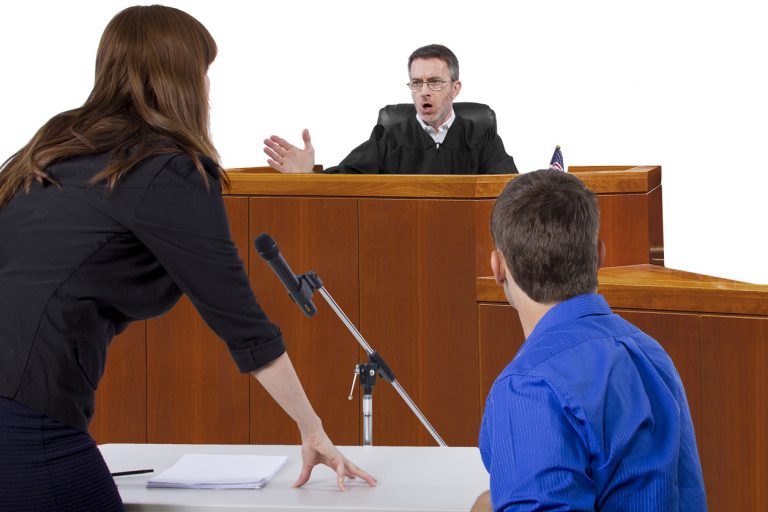Subjective standards are difficult for courts to evaluate and difficult for plaintiffs to rebut, and their use in employment decisions should be viewed with suspicion. See Hill v. Seaboard Coast Line R. Co., 885 F.2d 804, 808-09 (11th Cir. 1989); see also Watson v. Fort Worth Bank & Trust, 487 U.S. 977, 1009 (1988) (Blackmun J., concurring) ( “Allowing an employer to escape liability simply by articulating vague, inoffensive-sounding subjective criteria would disserve Title VII’s goal of eradicating discrimination in employment.”); Miles v. M.N.C. Corp., 750 F.2d 867, 871 (11th Cir. 1985) (“subjective evaluations . . . provide a ready mechanism for … discrimination.”). Moreover, “[s]ubjective criteria are ready mechanisms for discrimination.” Juaregui v. City of Glendale, 852 F.2d 1128, 1136 (9th Cir. 1988); accord Tomasso v. Boeing Co., 445 F.3d 702, 706 (3d Cir. Pa. 2006); see also, Henry v. Lennox Industs., Inc., 768 F.2d 746, 751 (6th Cir. 1985) (“The articulated reason for the employment decision is subject to particularly close scrutiny when the [employer’s] evaluation is subjective.”); Weldon v. Kraft, Inc., 896 F.2d 793, 798 (3d Cir. 1990).
If you are seeking representation in a whistleblower retaliation case, click here, or call us at 202-262-8959 to schedule a free preliminary consultation.
Whistleblower Retaliation
SOX Whistleblower Protection Law
whistleblower_lawyers_012017_infographic








